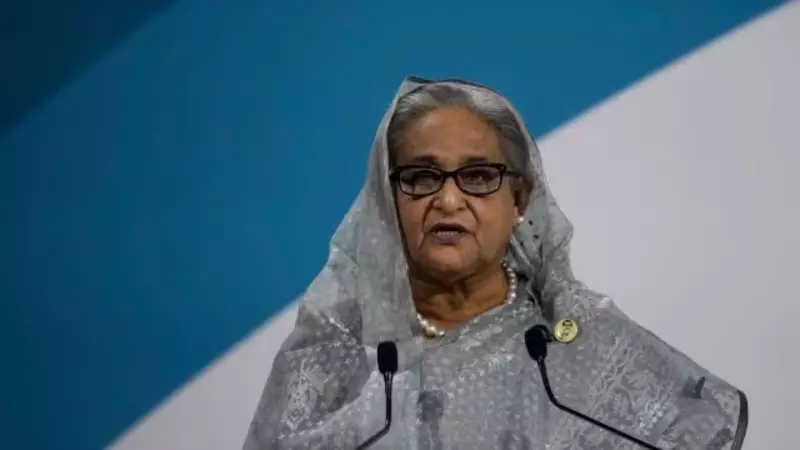
In a landmark verdict that has sent shockwaves through South Asian politics, Bangladesh's International Crimes Tribunal has convicted Prime Minister Sheikh Hasina for crimes against humanity committed during the country's 1971 Liberation War. The ruling represents one of the most significant legal actions in Bangladesh's recent history and has immediate implications for the nation's political landscape.
The Tribunal's Historic Ruling
The International Crimes Tribunal (ICT), Bangladesh's domestic war crimes court established to investigate atrocities during the 1971 war, delivered its verdict after extensive proceedings. The tribunal found Sheikh Hasina, who has served as Bangladesh's Prime Minister since 2009, guilty of multiple charges related to crimes against humanity.
According to court documents and proceedings, the conviction stems from actions allegedly committed during Bangladesh's violent struggle for independence from Pakistan. The tribunal heard evidence spanning several months before reaching its decisive judgment. The specific charges relate to the prime minister's alleged involvement in systematic human rights violations during this turbulent period in Bangladesh's history.
Legal Proceedings and Evidence
The case against Sheikh Hasina proceeded through Bangladesh's specialized judicial system designed specifically to address war crimes. The International Crimes Tribunal, while a domestic court, follows international legal standards for prosecuting crimes against humanity.
Prosecutors presented substantial evidence documenting the alleged atrocities, including witness testimonies, historical documents, and expert analyses. The defense team representing Prime Minister Hasina vigorously contested the charges throughout the legal process, arguing political motivations behind the prosecution.
The tribunal's ruling comes after careful consideration of both prosecution and defense arguments, with judges weighing the evidence according to international humanitarian law principles. The verdict includes detailed legal reasoning supporting the conviction, though specific sentencing details remain part of the ongoing legal process.
Political Implications and Regional Impact
This conviction carries profound implications for Bangladesh's political stability and democratic processes. Sheikh Hasina's government has been a significant regional player, maintaining relationships with neighboring India while navigating complex international diplomacy.
The ruling immediately raises questions about governmental continuity in Bangladesh and the potential for political transition. Regional powers, particularly India, are closely monitoring the situation given Bangladesh's strategic importance in South Asian geopolitics and economic partnerships.
International human rights organizations have expressed mixed reactions to the verdict. Some view it as a positive step toward accountability for historical atrocities, while others question the timing and political context surrounding the legal proceedings.
The conviction occurs against a backdrop of ongoing political tensions in Bangladesh, where the ruling Awami League party has faced opposition challenges. How this legal decision will affect the country's governance structure and future elections remains uncertain, but analysts predict significant political repercussions.
As Bangladesh processes this historic legal development, the international community watches carefully, understanding that the outcome could influence not only Bangladesh's domestic politics but also regional stability in South Asia. The verdict represents a pivotal moment in the nation's ongoing reconciliation with its complex history.






